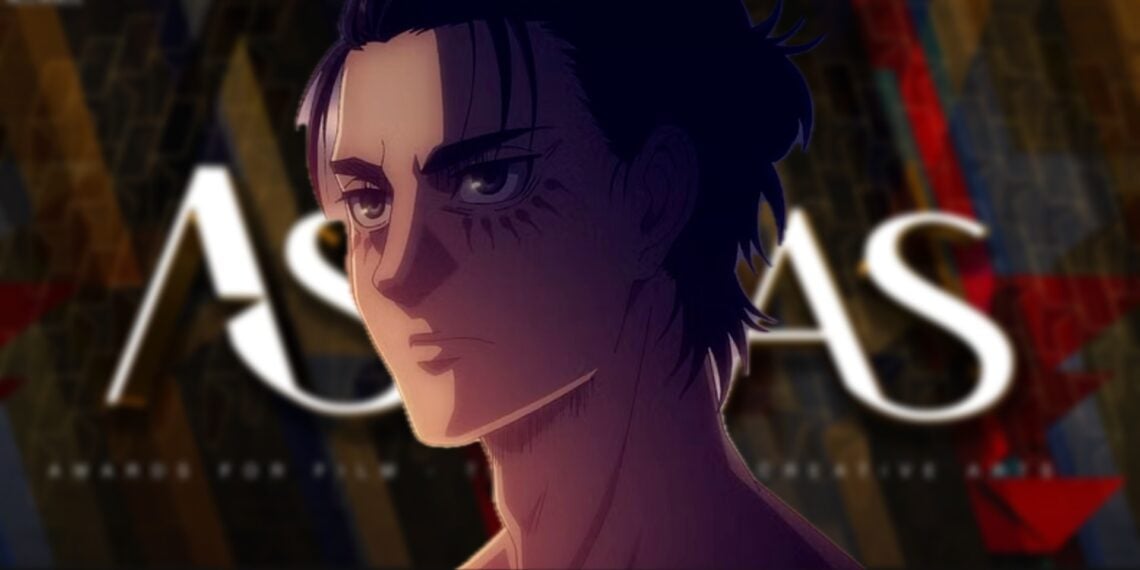The popular anime series Attack on Titan was recently honored at the prestigious Astra TV Awards, winning the prize for Best Streaming Animated Series.
This recognition from the Hollywood Creative Alliance caps off a successful final season for the show, which aired its finale feature-length episode earlier this year.
Attack on Titan beat out several other acclaimed shows, such as the dramas Succession and The Last of Us, to take home the animation award. This marks the first time an anime has won in any category at the Astras.
Attack on Titan Won The 2023 Hollywood Critics Awards for Best Streaming Animated Series or TV Movie.
It Marks The First Anime Win Ever at Astra TV Awards. pic.twitter.com/CKHa319TP9
— Attack on Titan Wiki (@AoTWiki) January 10, 2024
The win cements Attack on Titan’s critical success and cultural impact over its run, as it competed against top-tier American television.
With its complex storyline, memorable characters, and outstanding animation culminating in a dramatic conclusion, Attack on Titan emerged victorious.
The Astra Award affirms its status as one of the defining animated series of recent years. Its availability exclusively through streaming services also highlights the growing prominence of streaming media in delivering high-quality animated content to wider audiences.
A Decade-Long Journey Culminating in Astra TV Award Triumph
The acclaimed anime series Attack on Titan has navigated a bumpy road over its decade-long run, yet still managed to reach new heights of popularity as it headed into its finale.

First debuting in 2013, the show encountered several production issues and delays across its four seasons, even changing animation studios from Wit Studio to MAPPA for the last season.
Despite these behind-the-scenes troubles, enthusiasm for Attack on Titan swelled leading up to the airing of its conclusion.
Adapted from Hajime Isayama’s apocalyptic horror manga about humanity’s struggle against monstrous Titans, the anime garnered praise over the years for its intense action sequences, complex plotting, and emotional storytelling.

The recently concluded Season 4 of Attack on Titan was released in parts over 2021 and 2022, finally bringing the saga to an end after a protracted real-world wait.
Heightened anticipation likely contributed to the show’s latest honor at the Astra TV Awards for Best Streaming Animated Series.
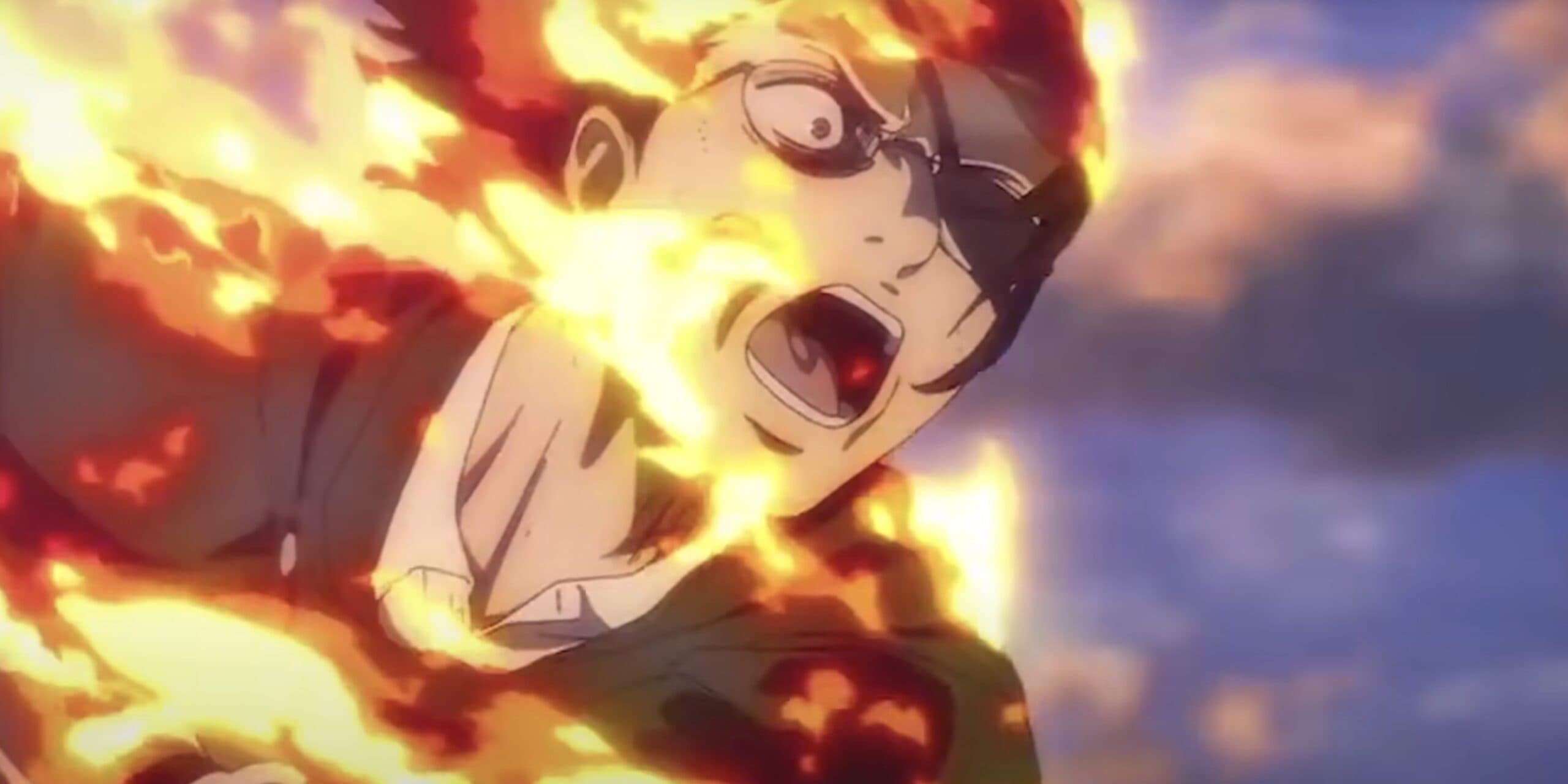
With numerous other accolades under its belt in recognition of its visual flare and intricate narrative, this newest award caps off a tumultuous yet ultimately triumphant lifespan for one of the most talked-about anime franchises worldwide.
A Controversial yet Record-Breaking Anime Phenomenon
Attack on Titan’s final journey was a lengthy one filled with starts and stops. Originally created as a manga by Hajime Isayama, the series at last reached its conclusion in late 2023 after being adapted into an anime across multiple seasons.
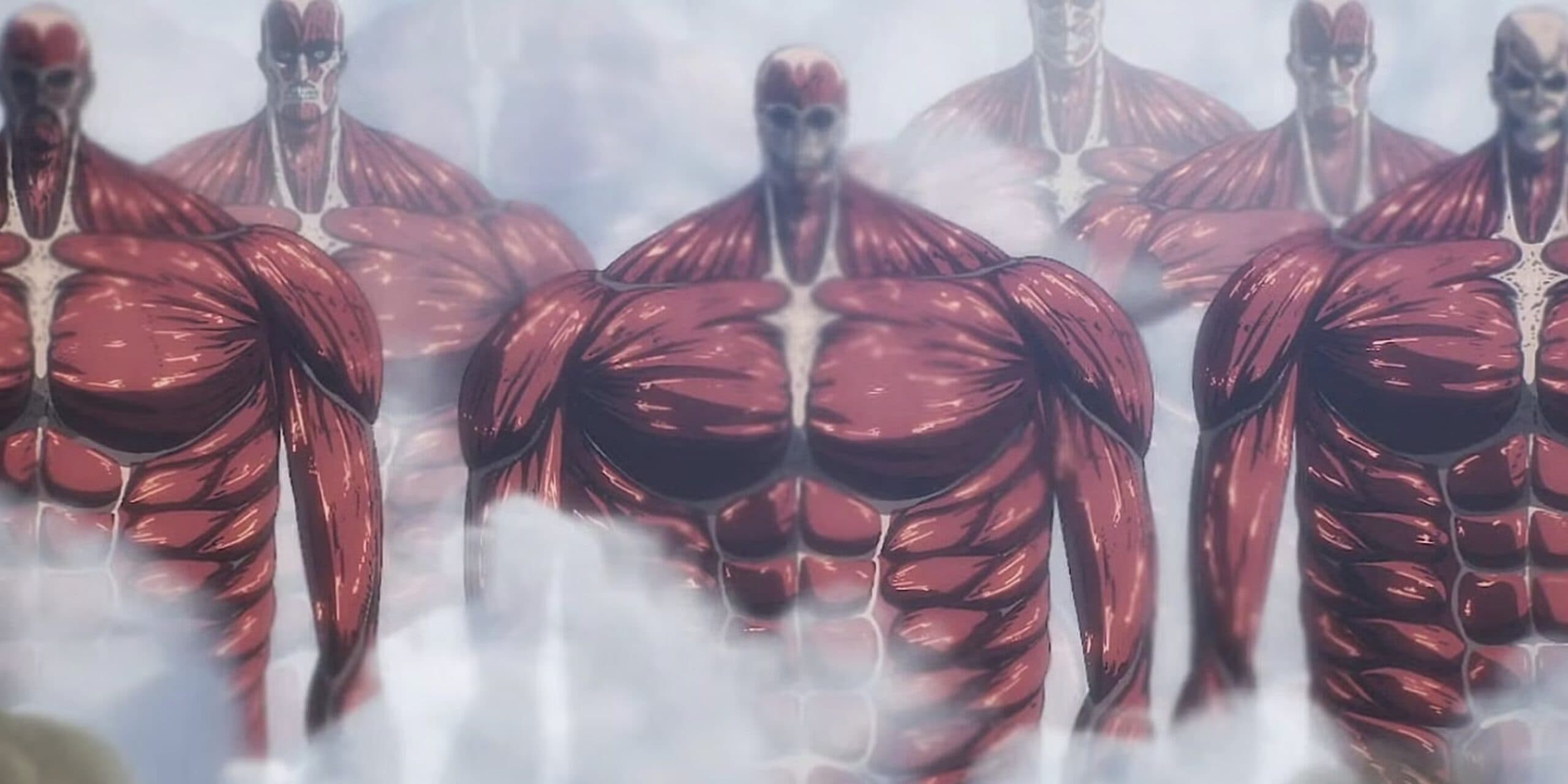
The anime brought Isayama’s ending to life through a feature-length special episode that incorporated both traditional 2D animation and 3D CG footage.
This ending proved quite controversial when first unveiled in the manga, disappointing some fans with how certain character arcs and plot threads wrapped up. Isayama attempted to redeem his ending by releasing additional chapters in an art book.
Nevertheless, anticipation built massively for the anime’s take on the finale.

Despite the divisive reaction in some circles, Attack on Titan’s ultimate episode exploded in popularity when premiering on streaming platforms like Crunchyroll.
So many fans tuned in concurrently that Crunchyroll apparently suffered major technical issues. This finale viewership surge, combined with the anime’s hybrid animation approach, helped secure Attack on Titan’s award for Best Streaming Animated Series against competitors like Spy x Family.

By most metrics, the series concluded as a record-breaking, if debated, phenomenon.
More About Attack On Titan
The tale of Attack on Titan unfolds in a civilization contained within three enormous concentric barrier walls. As far as the inhabitants know, these walls shelter the last surviving vestiges of humanity, sequestered from the outside world for over a century.
The people within, called Eldians, were taught that long ago, humanoid giants named Titans appeared and pushed human civilization to the brink of annihilation.
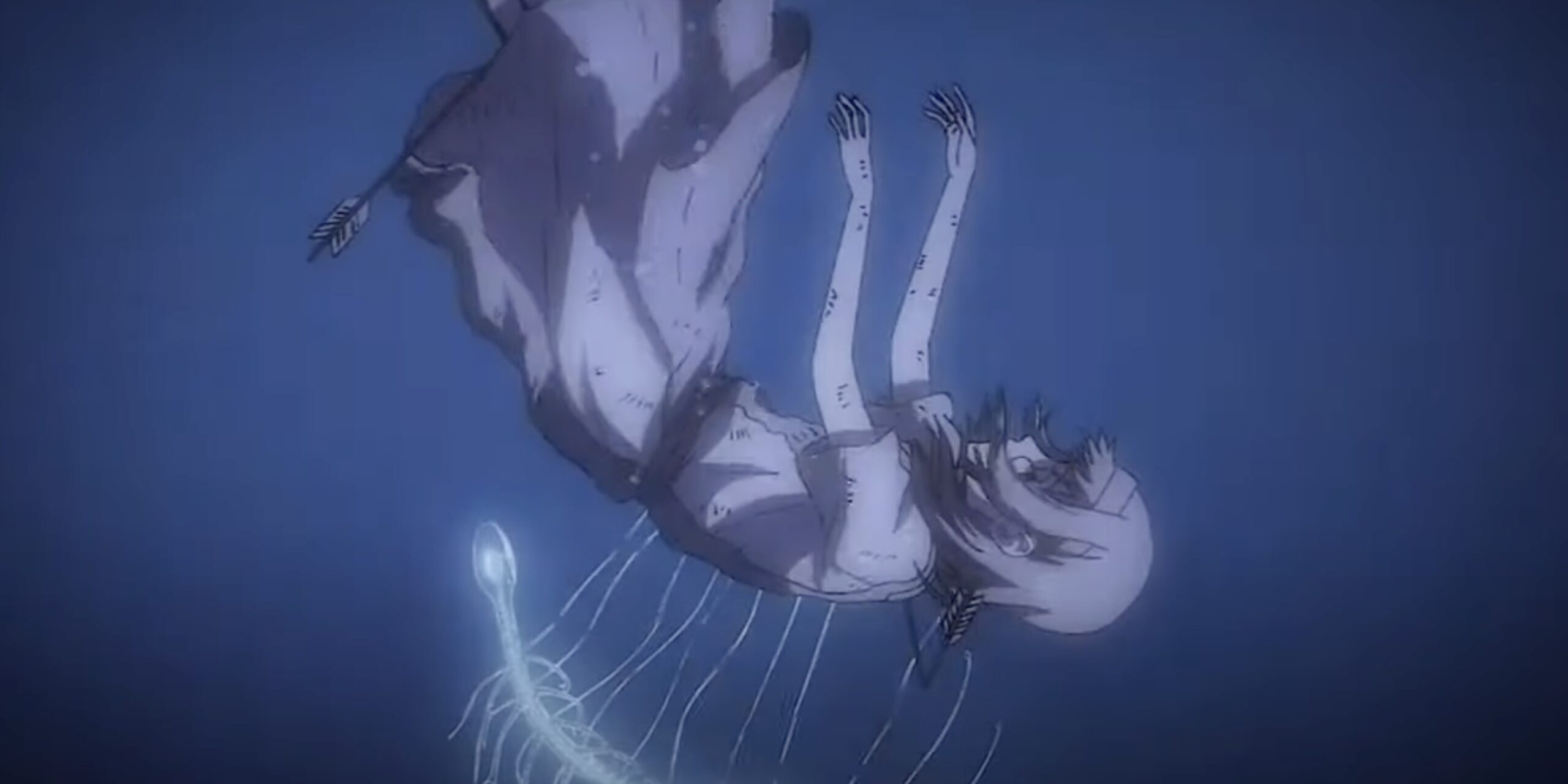
Their mindless urge to attack and devour any human drove the tattered remnants of humanity to retreat behind the three walls in a final stand.
For a hundred years, those who dwell within the walls enjoyed relative peace and security, though venturing outside is forbidden and discouraged.
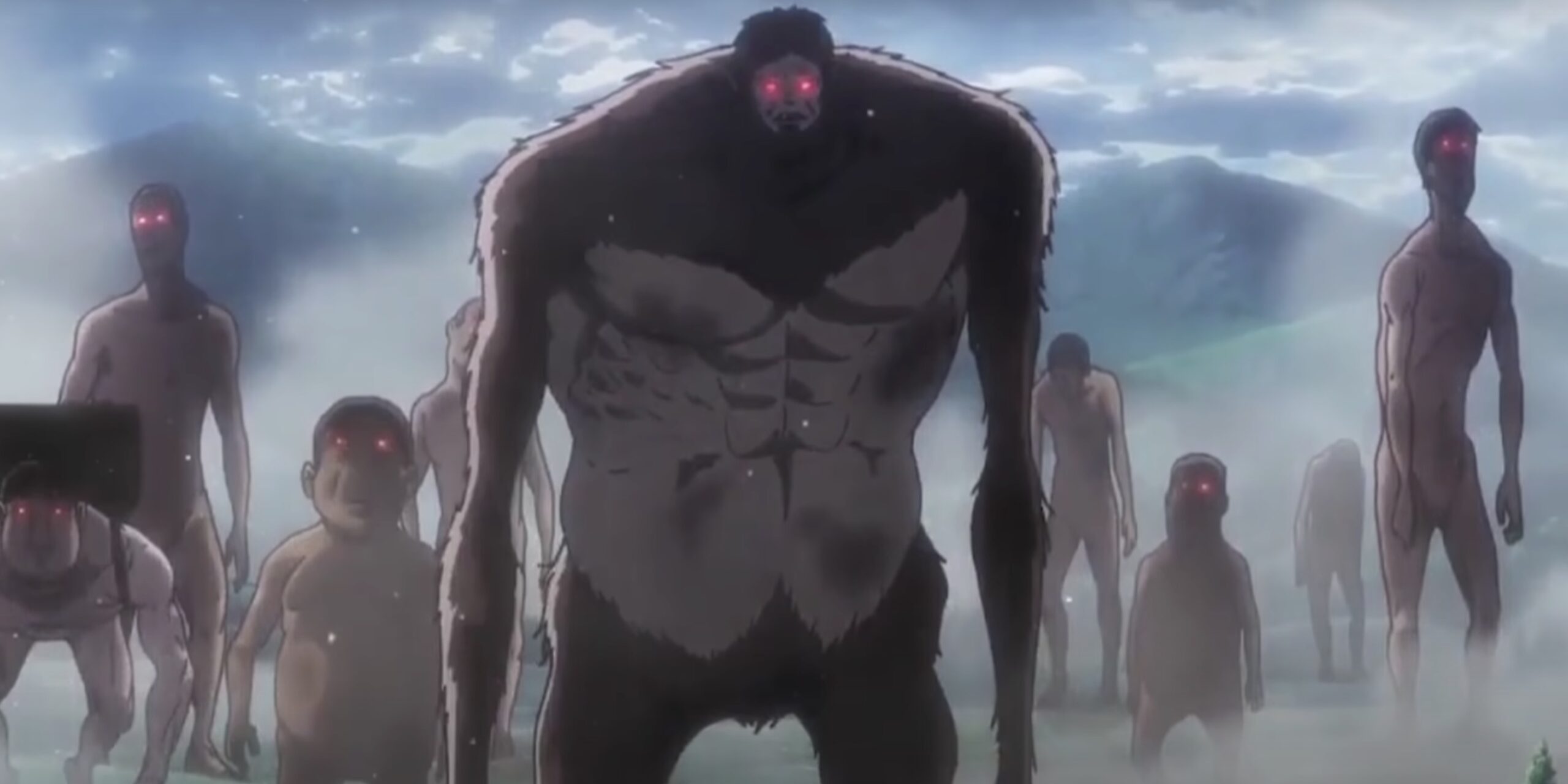
To battle any Titans that might breach the walls, the military utilizes a sophisticated set of waist-mounted anchor hooks and gas mechanisms called Omni-Directional Mobility Gear, allowing soldiers to grapple and propel themselves swiftly in three dimensions.
Ultrahard steel blades complement this gear to deliver killing blows. More advanced thunderspear rocket launchers have also developed over time.


